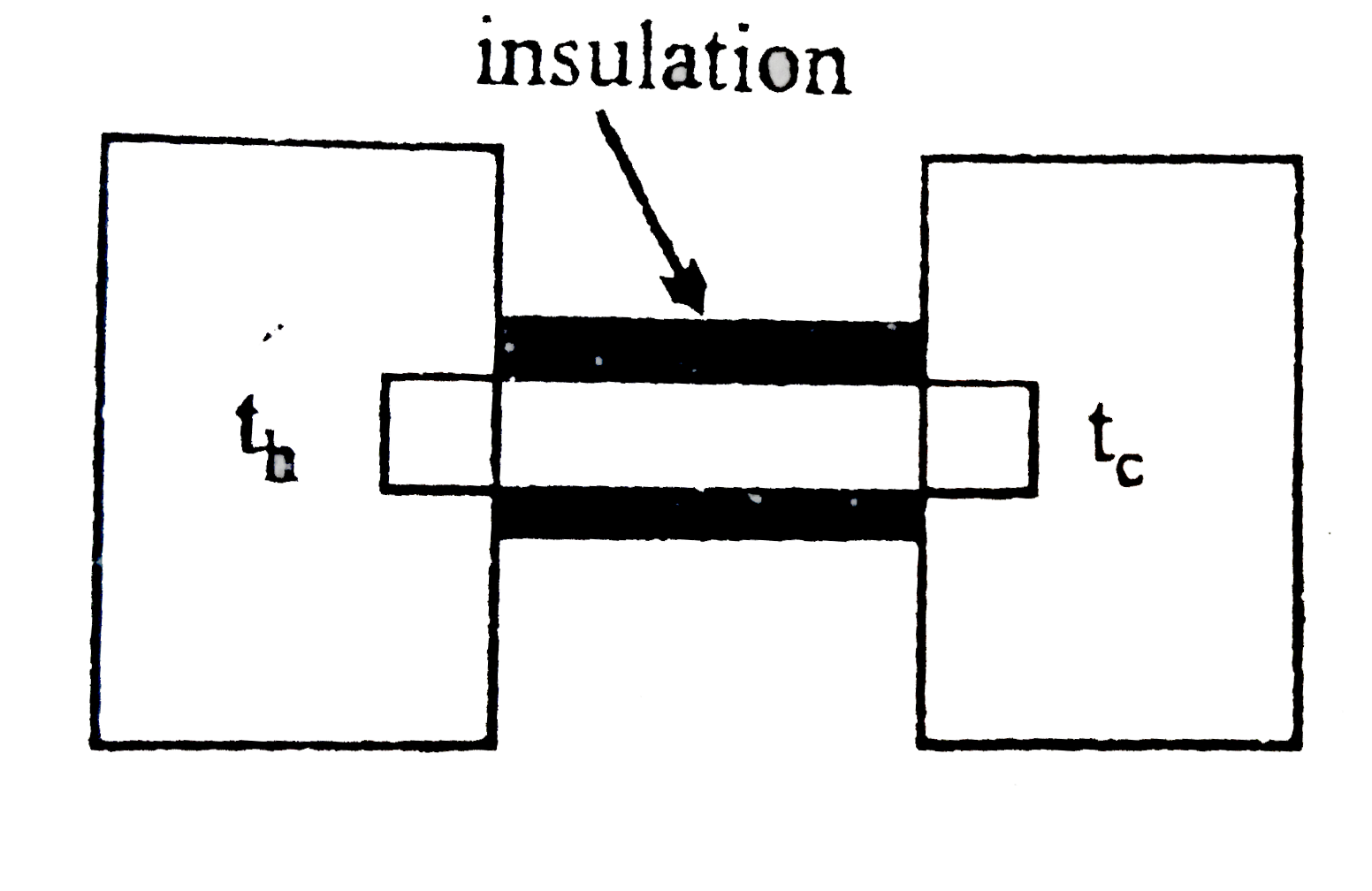A sample of .18F is used internally as a medical diagnostic tool to look for the effects of the positron decay (T1/2=110min) . How long does it take for 99% of the .18F to decay?
The correct Answer is:12.2h
Radioactive deacy equation is
N=N0e−λt=N0e−1n(2)t/T (∵λ=In2T)
After decay of 99% of the initial sample, only 1% will be left, i.e., N/N0=1%
∴NN0=1100=e−1n(2)t/T
If we take the natural logarithm, we have
−1n100=−1n2×tT
Which on solving for t yields
t=1n1001n2×T=log100log2×T
=20.3010×10=731min=12.2h.
Topper's Solved these Questions
- NUCLEAR PHYSICSBook:CENGAGE PHYSICSChapter:NUCLEAR PHYSICSExercise:Single Correct Option
Explore 182 Videos
- NUCLEAR PHYSICSBook:CENGAGE PHYSICSChapter:NUCLEAR PHYSICSExercise:Linked Comprehension
Explore 29 Videos
- NUCLEAR PHYSICSBook:CENGAGE PHYSICSChapter:NUCLEAR PHYSICSExercise:Exercise 5.2
Explore 27 Videos
- Moving charges and magnetismBook:CENGAGE PHYSICSChapter:Moving charges and magnetismExercise:Question Bank
Explore 20 Videos
- NUCLEIBook:CENGAGE PHYSICSChapter:NUCLEIExercise:QUESTION BANK
Explore 59 Videos
Similar Questions
A threaded rod with 12turns/cm and diameter 1.18cm is mounted horizontal. A bar with a threaded hole to match the rod is screwed onto the rod. The bar spins at 216rev/min. How long will it take for the bar to move 1.50cm along the rod ?
View SolutionAn insulated container is filled with a mixture of water and ice at tc=0∘C. Another container is filled with water that is continuously boiling at th=100∘C. In a series of experiments, the containers are connected by various thick rods that pass through the walls of the containers (see the diagram). The rod is insulated in such a way that there is no heat loss to surroundings. In experiment 1, a copper rod is used, and the ice melts in T1=2 min. In experiment 2, a steel rod of the same cross section is used, and the ice melts in T2=6 min. How long ( in min) would it take to melt the ice if the two rods are used "in series"?

View Solution
Knowledge Check
The half-life of iodine-131 is 8.02 days. How long will it take for 80% of the sample to decay?
A2.6daysB12daysC19daysD32daysFluorine - 18 is a radioactive isotope that decays by positron emission to form oxygen - 18 with a half-life of 100 min. Physicians use ^(18)F for the study of brain by injecting a quantity of fluoro substituted glucose into the blood of a patient The glucose accummulates in the region where the brain is active and needs nourishment.
How long does it take for 99.9% decay of .18F ?AInfinite timeB16.67 hourseC10 hrsD33.33 hoursThe radioactive isotope 32P decays by first order kinetics and has a half-life of 14.3 days. How long does it take for 95.0% of a given sample of 32 p to decay?
A21 daysB42 daysC62 daysD80 days
Hydrogen peroxide H2O2 (aq) decomposes to H2O(l) and O2(g) in a reaction that is first order in H2O2 and has a rate constant k=1.06×103−1min
(i) How long will it takes for 15% of a sample of H2O2 to decompose?
(ii) How long will it take for 87.5% of the sample to decompose?
View SolutionAssuming ideal gas behaviour, how many atoms of Ar are contained In a typical hunin breath of 0.5L at 1.0 bar and 27∘C? Air consists of 1% Ar atoms. Assuming that the argon atoms from last breath ot Plato have been distributed randomly throughout the atmosphere (5×1018m3). How long would it take to breadth one of the atoms? A typical adult breath rate is 10 min−1.
View SolutionThe rate constant for the radioactive decay of C−11is0.0341−1min. How long will it take for a sample of C-11 to decrease to 14 of its original activity?
View SolutionA reaction is said to be first order if it's rate is proportional to the concentration of reactant Let us consider a reaction
A(g)→B(g)+c(g)
At t=0a00
At time t a−xxx
The rate of reaction is given by the expression dxdt=k(a−x) and integrated rate equation for a given reaction is represted as k=1tln(aa−x) where a=initial concentration and (a-x) = concentration of A after time t.
Thermal decomposition of compound X is a first order reaction If 75% of X is decompossed in 100 min, how long will it take for 90% of the compound to decompose? [Given :log2=0.30]
View SolutionThe rate constant for the radioactive decay of C-11 is 0.0341 min−1. How long will it take for a sample of C-11 to decrease to 1/4 of its original activity?
View Solution

